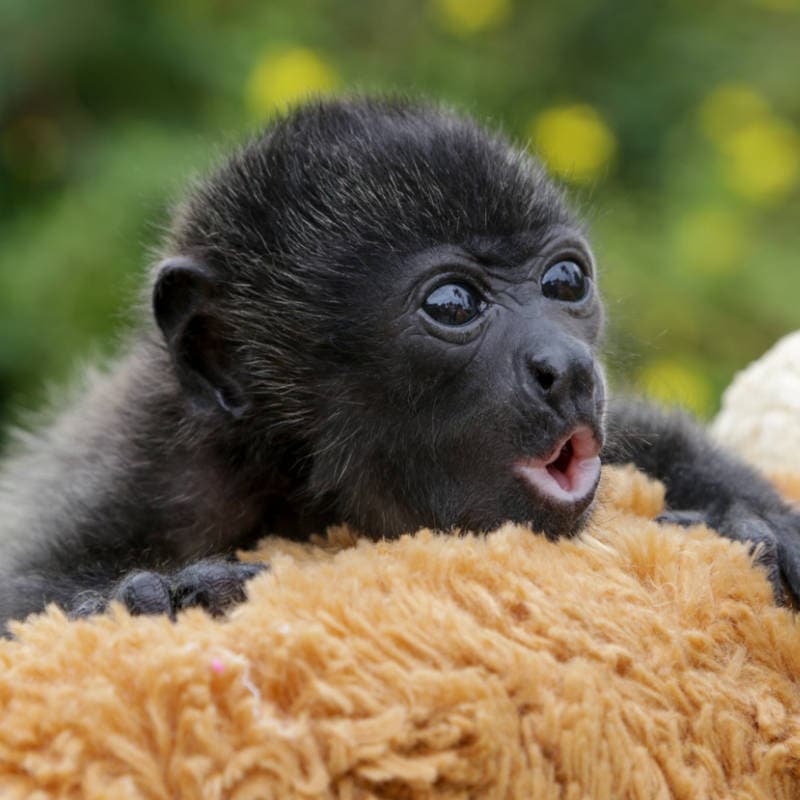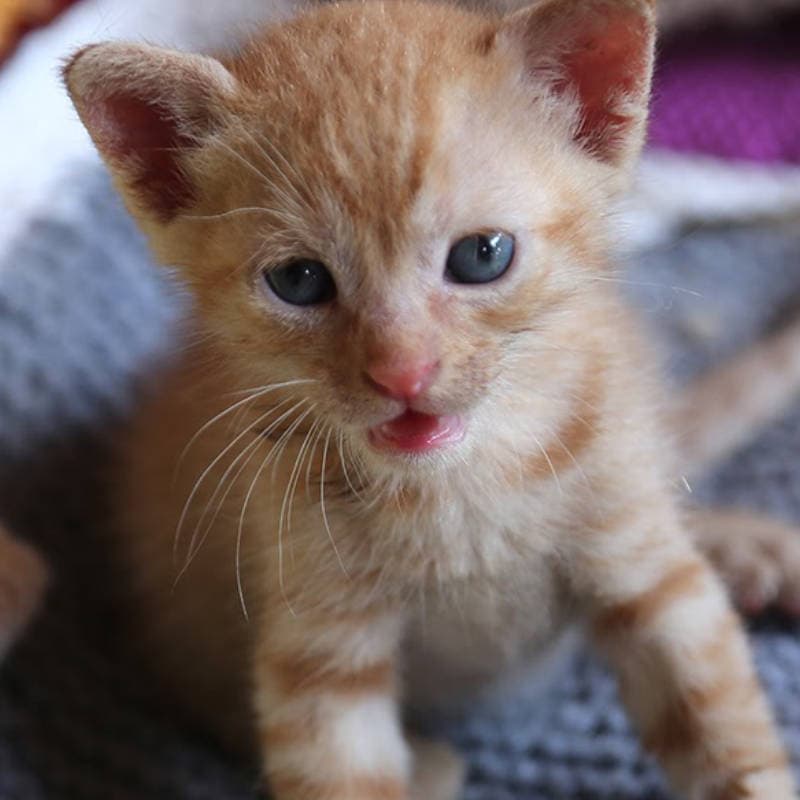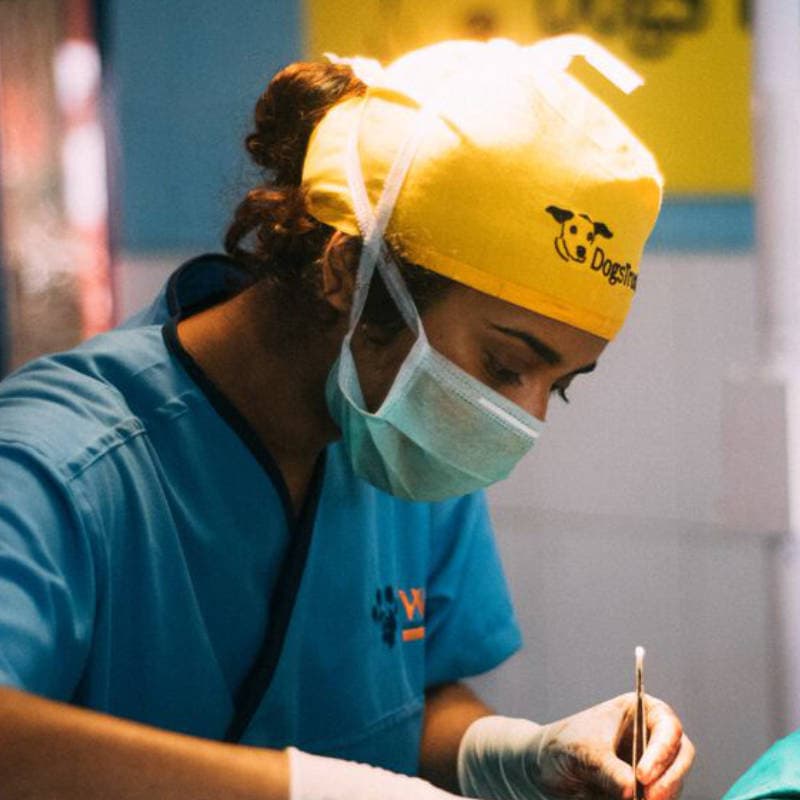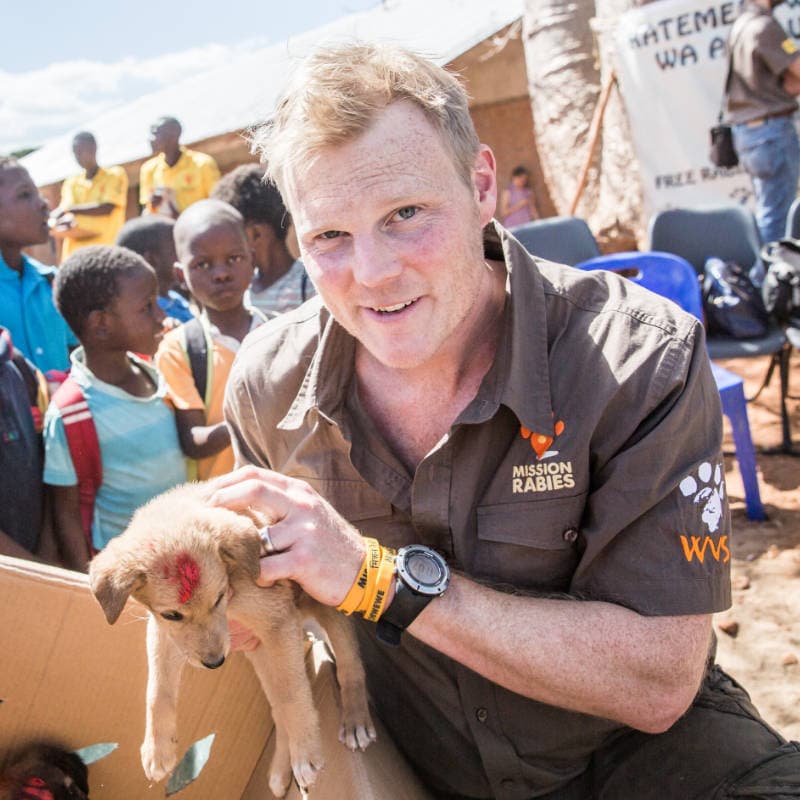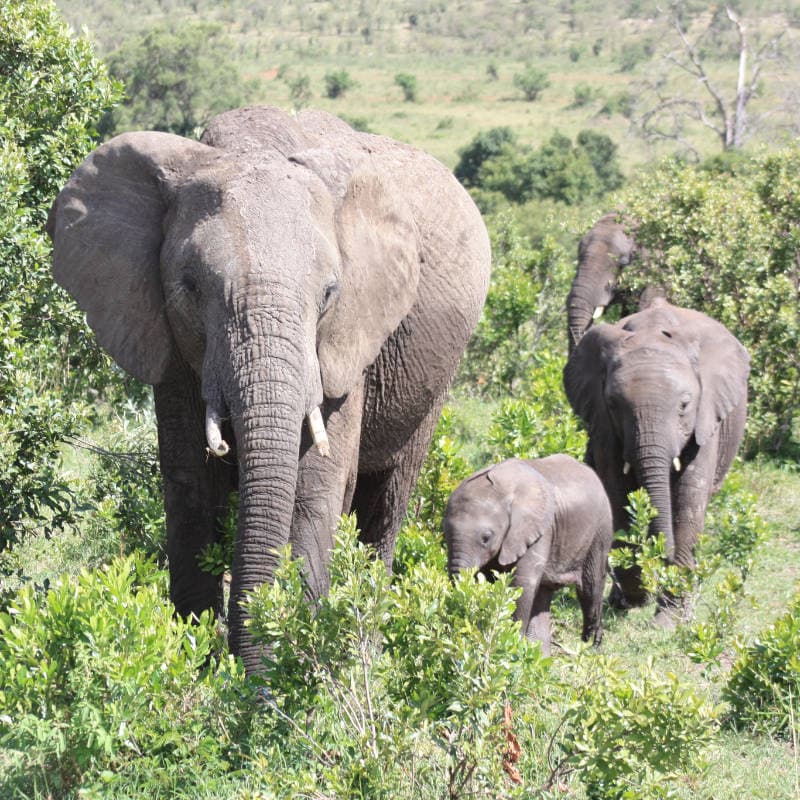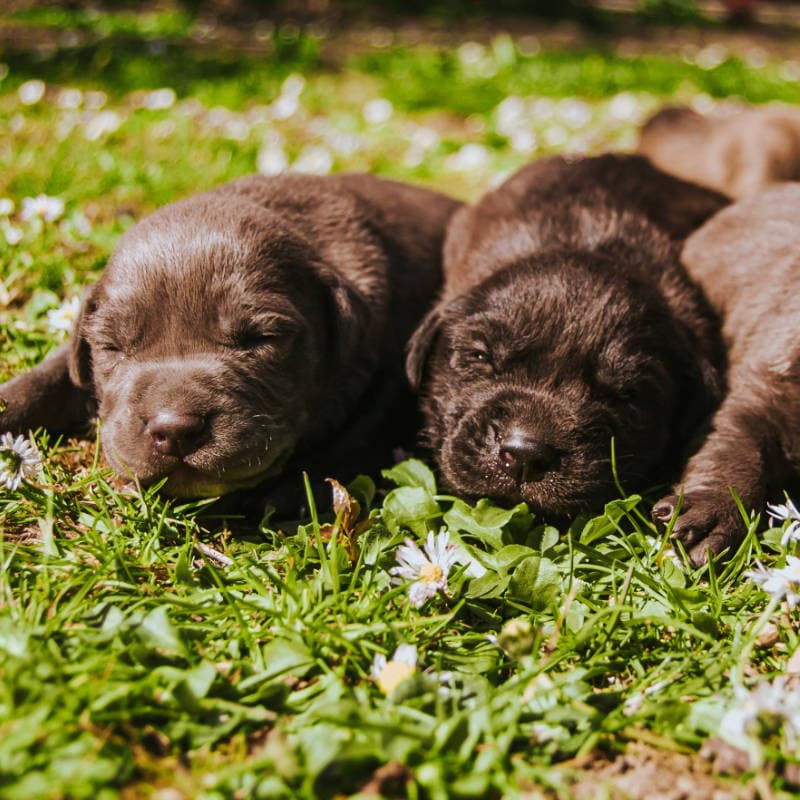Meet Bobo, the orphaned baboon from Malawi
Have you seen sweet Bobo this summer? Here's his story, young vets!
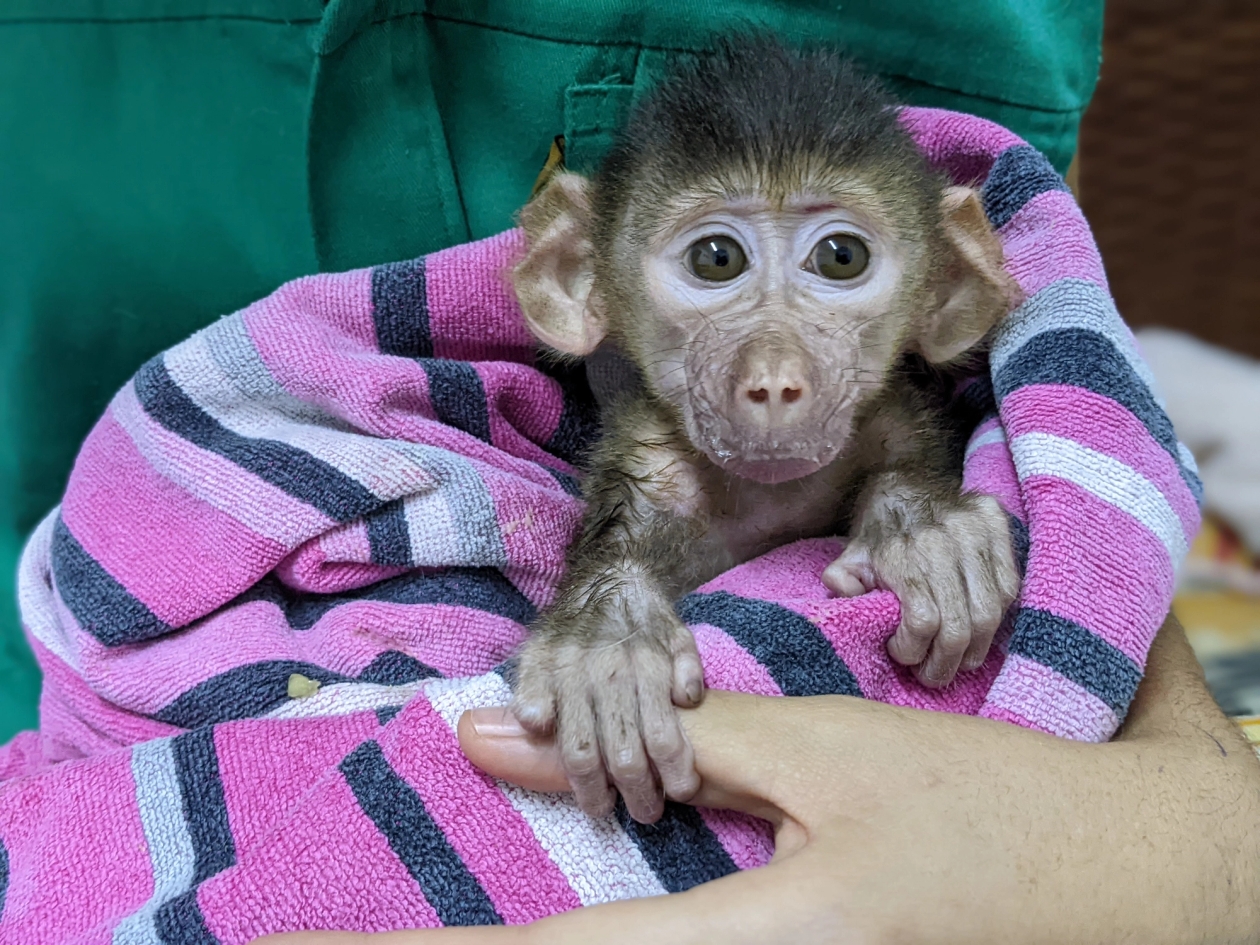
Young vet adventurers, you might have seen sweet Bobo on Young Vets Club posters this summer. Here’s his full story!
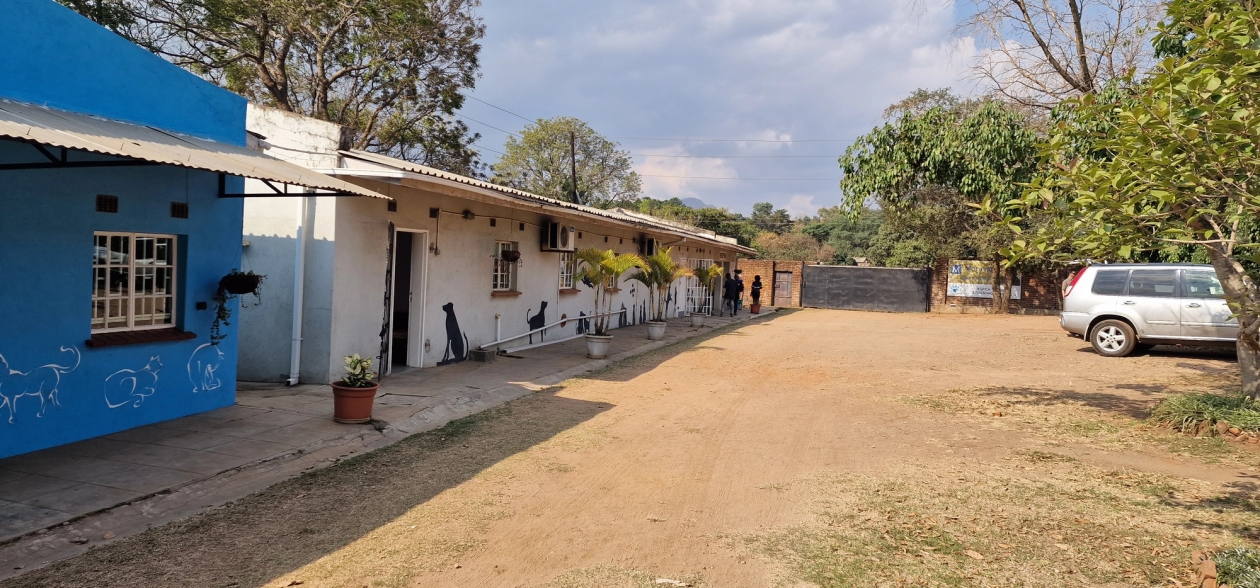
Welcome to the WVC clinic in Blantyre, Malawi, where we get some wild patients! From serval cats and antelopes to pangolins and boar, the vets are always prepared to treat a new species with the highest standard of veterinary care.
The WVS vets based in Blantyre help African Parks to protect and care for the animals in the Majete Wildlife Reserve, a few hours from the clinic. Check out the Summer 2024 magazine to join Dr. Luke on his adventure operating on a wild lion in the Majete Reserve!
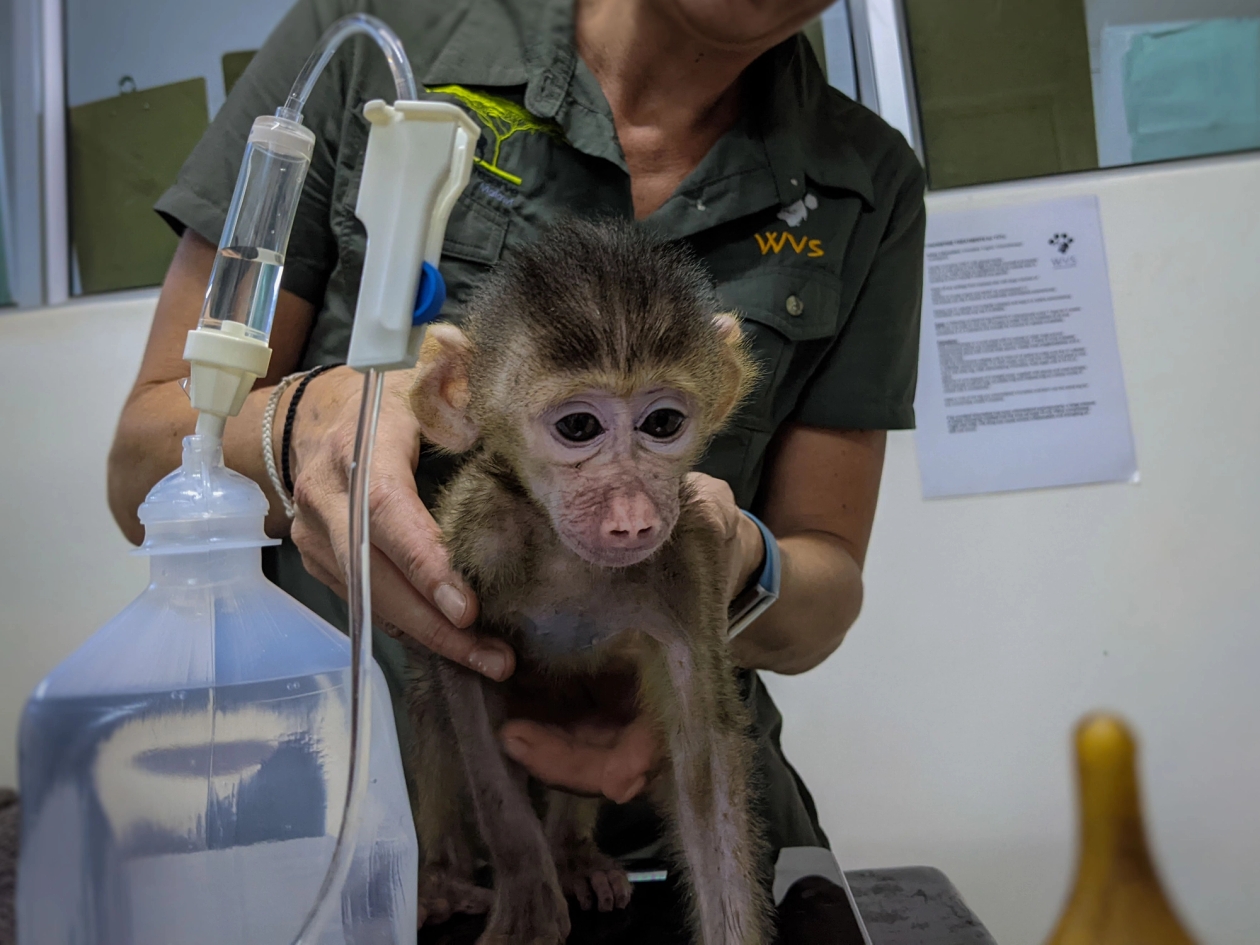
Poor young, orphaned Bobo was brought to the WVS clinic in Blantyre after his mother was killed. Infant baboons rely heavily on their mothers when they are young, depending on their guidance for the first two years of their lives. Baboons are also very social animals and spend their whole lives living together in a troop. So when Bobo arrived, he needed lots of reassurance and to cuddle up with other rescued pals, no matter that they were different species!
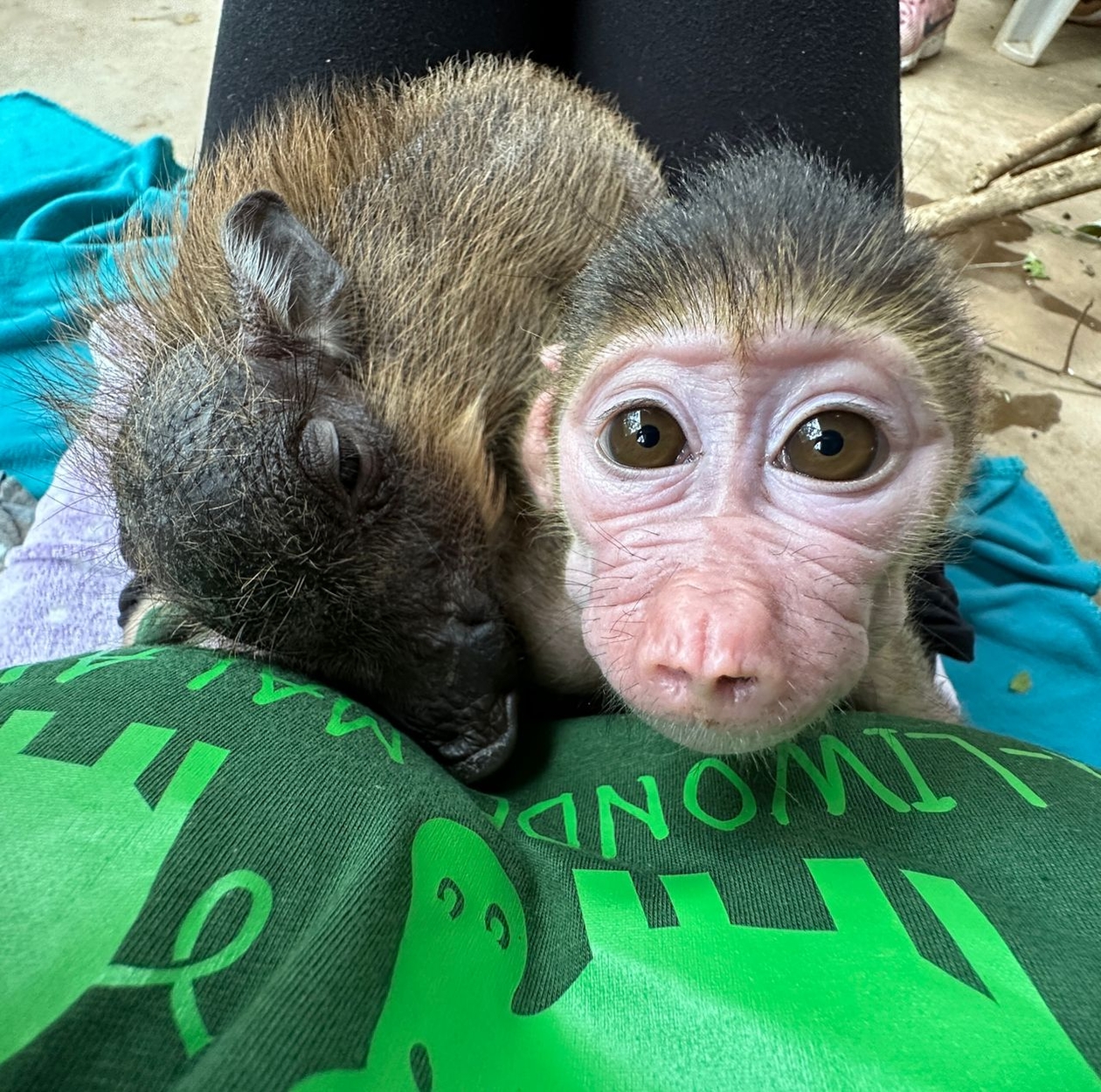
The vets saw that he had had a very tough start to life, so they gave him plenty of love alongside the treatment he needed. They also made sure he had plenty of fluids and was eating well so they could help him back up to a healthy weight. As you can see, he made some lovely friends during his stay with us!
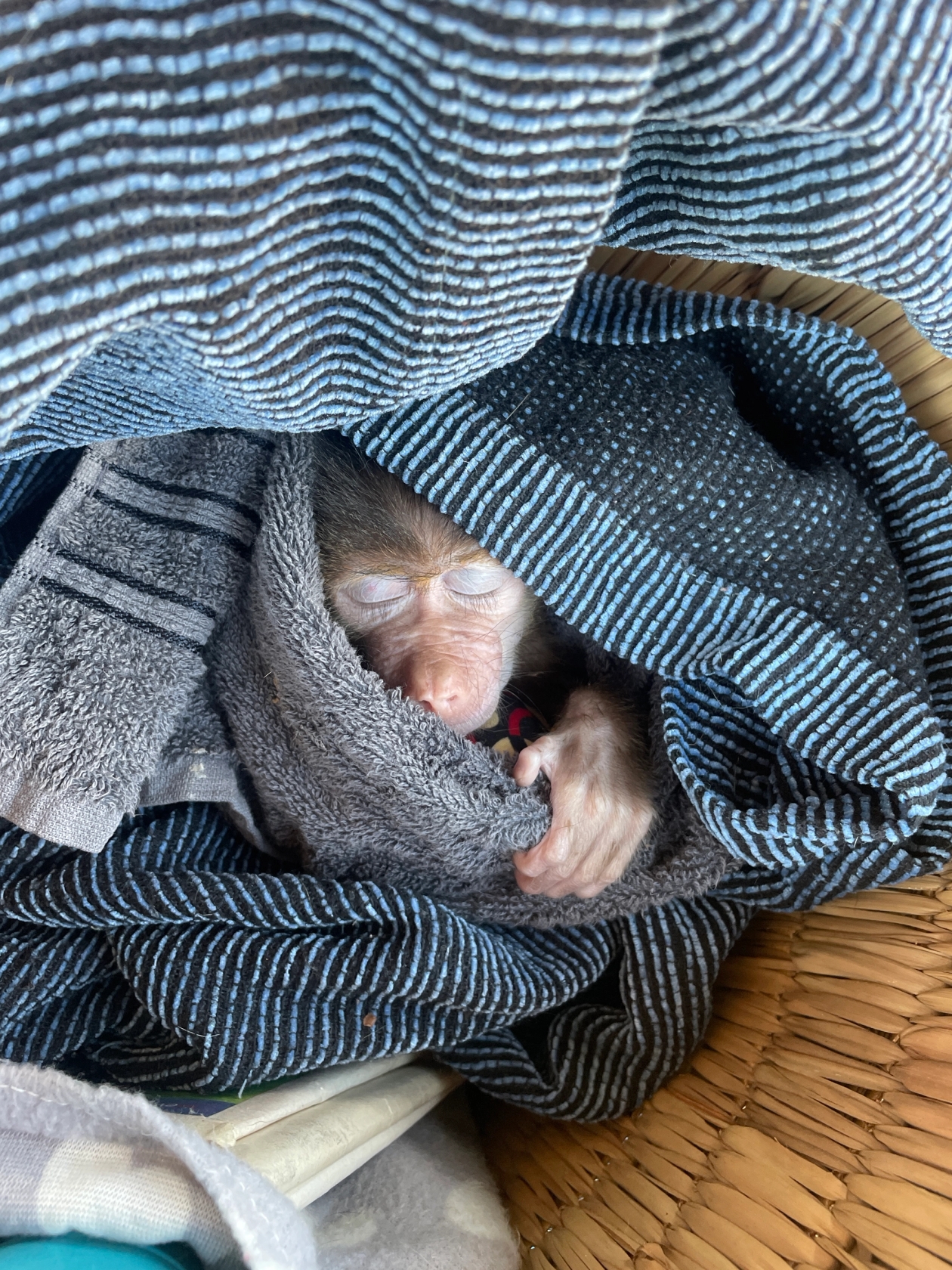
Once Bobo was feeling better, he was transferred to an expert rehabilitation facility, Lilongwe Wildlife Trust. There, he was paired with a foster mum to take care of him. She will teach him everything he needs to know for life in the wild. When he is old enough, he will be released back into the Malawian savannah where he belongs. Here’s to Bobo living a long and happy life!
Baboon Fact File!
- Baboons are the world’s largest monkeys, weighing in at up to 37kgs!
- Unlike lots of other monkeys, they don’t have a prehensile tail – that means a tail that they can use like an arm.
- Also unlike other monkeys, they spend lots of time on the ground. They do eat, sleep and keep watch in trees.
- The largest baboon troops have up to 300 members.
- Baboons become mature at 6 to 8 years old and can live for up to 30 years.
- On average, baboons and humans share 94% of our genetic material!
We can provide life-saving treatment to thousands of animals a month thanks to the support of members like you. Want to get involved and not a member yet? Check out our Become a Member page to find out more about how to be a Young Vet Adventurer!

